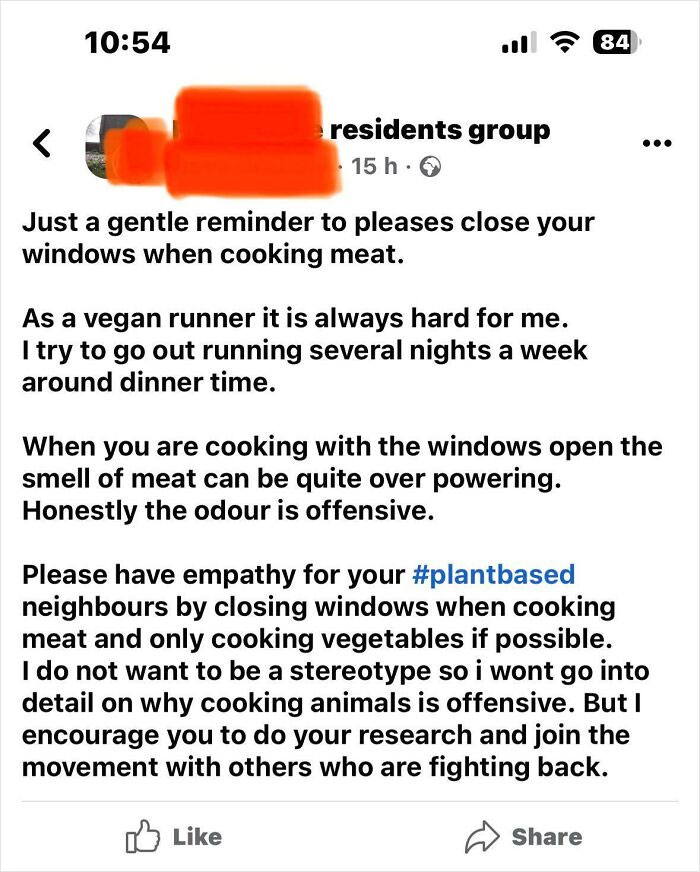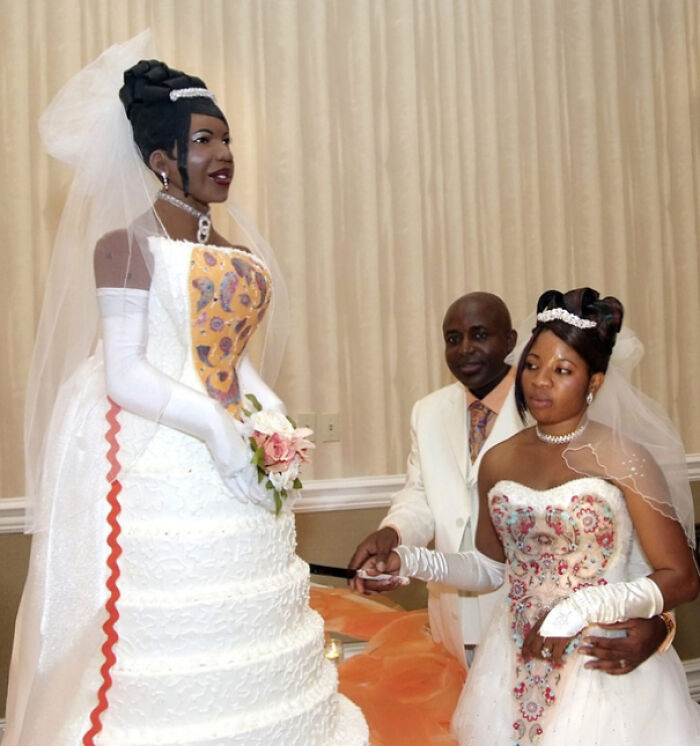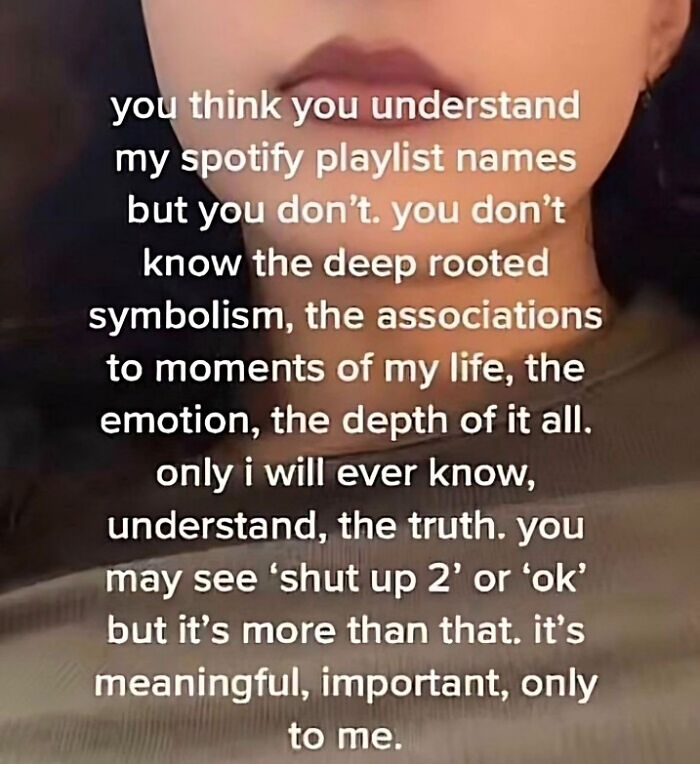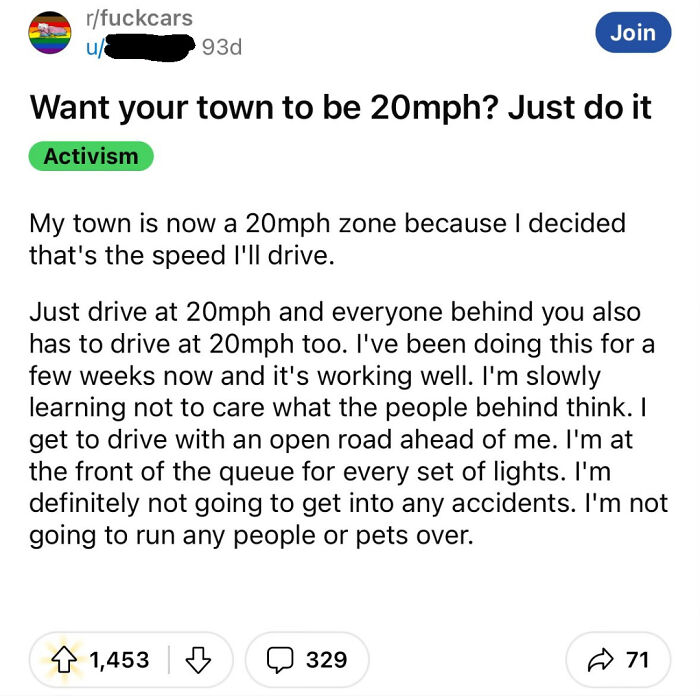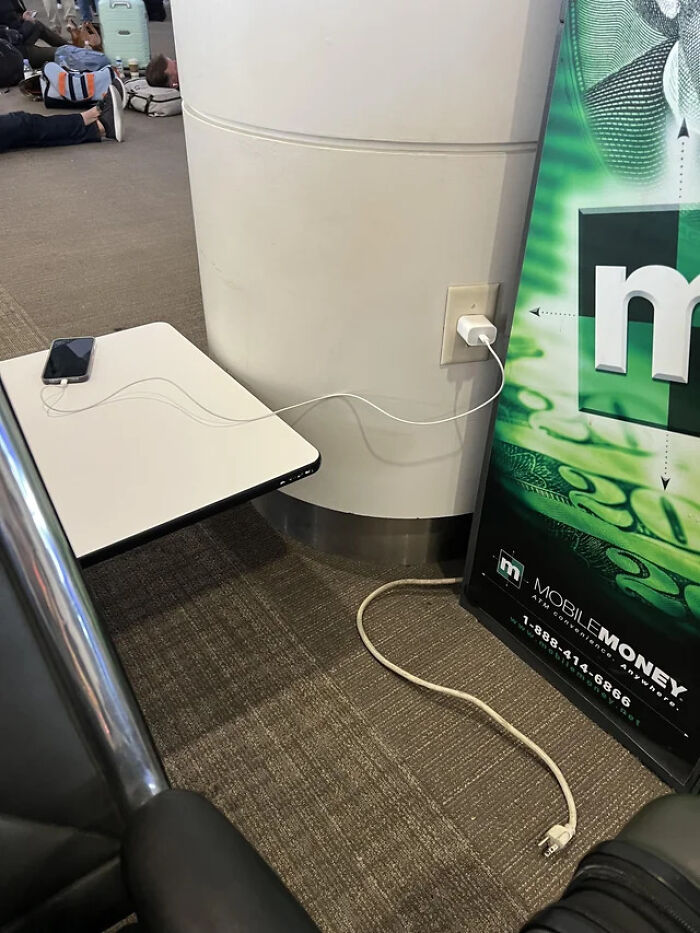The I’m The Main Character community gives a pretty healthy dose of shaming to those guilty of constantly wanting to be the center of attention. It’s a subreddit with over 1.3 million members who like to roast self-absorbed people. I mean, if they were foolish enough to post their main character syndrome behavior, they need to be able to take the ridicule, right? Bored Panda also reached out to Alexander Danvers, Ph.D., a social psychologist and Director of Treatment Outcomes at Sierra Tucson, who researches emotions and social interactions. We asked him how professionals would describe ‘Main Character Syndrome,’ why some people act this way, and whether we all have some of that main character energy in us. After all, we’re all the main characters of our lives, aren’t we? The subreddit is also against discrimination, harassment, racism, misogyny, bigotry, or personal attacks. Even if the main characters featured on the subreddit are extremely rude, the rules ask members not to harass them on their social media. The same goes for discussions among members: “There is always a real human with emotions behind the screen,” the group cites Reddiquette. “‘Main Character Syndrome’ isn’t a medical diagnosis,” Danvers tells us. “It’s a pop culture term, which means it has a looser definition, and people can use it in different ways. Typically, I see it used to mean that someone sees their life as a story—a TV drama or a romantic comedy—and puts themselves in the starring role.” “This can cause someone to overlook other people’s thoughts or feelings, treating them as supporting characters. That can feel, to friends, like a lack of empathy or rudeness.” “But it can also lead to behaviors that are pretty common and less problematic,” Danvers continues. “Like trying to present yourself as positively as possible or focusing on documenting your life on social media over engaging in the moment.” In recent years, there has been much discussion about how people do not know how to act in public spaces anymore. Concertgoers keep throwing things at celebrities during concerts, and kids are destroying testers and being mean to Sephora employees. Did we forget how to act when we’re not at home? “The pandemic made a lot of people feel more anxious and less connected,” Alex Danvers says. Since unhappiness and anxiety in daily life can lead to narcissistic behavior, he agrees that the pandemic and social media play a role in how we conduct ourselves in public spaces. “Right now, the world feels very uncertain and potentially dangerous to a lot of people,” Dr. Danvers invites us to sympathize with the main characters. “There are wars, political instability, concerns about disease, and concerns about harms from climate change. These are real things that produce real anxiety, and in daily life, it often feels like we as individuals can’t take action to meaningfully improve things.” That said, Dr. Danvers cautions against losing yourself in that kind of fantasy. “Of course, life doesn’t come in episodes with conflicts that neatly resolve themselves, and this worldview can mess up people’s real relationships with their real friends and family.” “The key is balancing a healthy confidence in yourself against the need to be aware of how much space you’re taking up and making sure you leave room for others in your story.” Follow Bored Panda on Google News! Follow us on Flipboard.com/@boredpanda! Please use high-res photos without watermarks Ooops! Your image is too large, maximum file size is 8 MB.
























